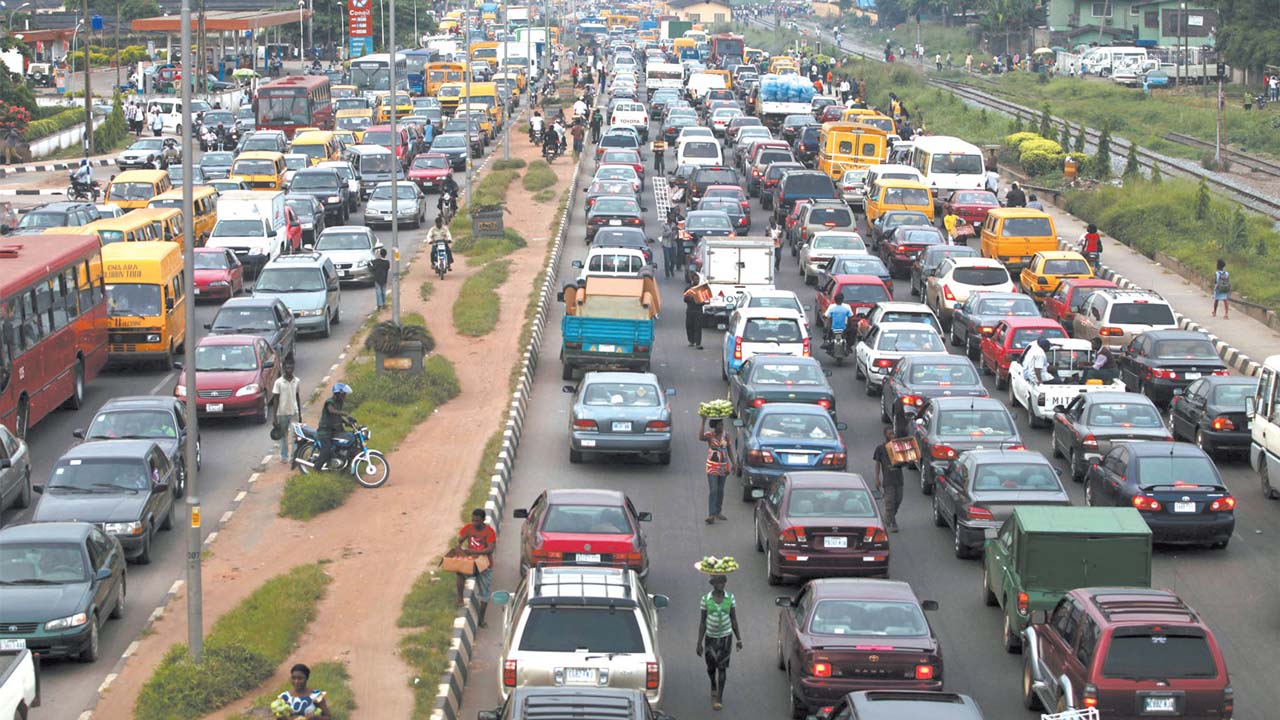
• Workers’ union demand subsidy
• Enugu, Lagos, Port Harcourt worst hit
• Nigerians spend over 51% of income on transportation
Nigeria’s poverty level already standing at about 72 per cent, may soar, as high cost of transportation pushes the country’s disposable income to transport ratio to world’s worst.
Experts have raised concerns that the disposable income to transport ratio (income remaining after deduction of total transport costs) across cities in the country for most low income earners is hitting world’s worst due to government’s failure to deliver sustainable mass transportation system and poor regulation in the sector.
Latest report on Nigeria’s Disposable Income to Transport Ratio by Lagos based public transport company, Planet Project Limited, exclusively revealed to The Guardian, indicated that over 60 per cent of medium and low income earners, on an average of N18,000 minimum wage spend over 51 percent of their income on transportation alone.
Rating agency, Fitch International, said the level of poverty (productivity index) in Nigeria has maintained a constant rise, reaching its all-time high of 72 per cent. But the disposable income to transport ratio across the country showed that more Nigerians may be falling into poverty index soon if inherent challenges are not tackled in public transport infrastructure,
Similarly, the National Bureau of Statistic (NBS), said Nigeria’s poverty index has risen from 17.1 million people in 1980 to 112 million in 2010, an indication that most Nigerians live on less than $1 in a day.
The National President, Trade Union Congress (TUC), Kiagama Bobboi, criticised that while the current inflation halved salaries of workers, the high cost of transportation weakened the standard of living of most Nigerians.
Nigeria’s consumer prices increased 17.24 per cent year-on-year in April, easing slightly from a 17.26 per cent in March, even as food and other household items remain high, despite interventions by the government.
Indeed, the Managing Director of Planet project, Biodun Otunla, said the cost of transportation in Nigeria constitutes between 25 to 30 per cent to the cost of goods, and blamed the constant increase in food and other items on high transportation cost.
Bobboi said government must plan subsidy and sustainable mass transport schemes as part of measures to address increasing poverty level in the country.
A Port Harcourt resident, Agbo Dorcas, who earns about N20, 000 monthly as an office assistant, said she resigned her position two months ago because she spend about N12,000 of the salary on transportation alone.
Disposable income to transport ratio in the United Kingdom is about 15 per cent, 36 per cent in the U.S., Brazil 26, Mexico 22, Bolivia 33, compared to Nigeria’s 51 per cent.
While their unchecked activities seem normal to an average commuter in the country, particularly Lagos, street urchins, transport unions and traffic law enforcement agencies, including the Nigerian Police. may be adding to the high transport fare, a commercial transporter, Kolawole Adeo said
According to the Disposable Income to Transport Ratio report, Eastern city of Enugu, where most low income workers earn an average of N20,000 has the highest disposable income to transport ratio of about 60 per cent followed by Lagos and Port Harcourt at 52 and 44 per cent respectively. The Northern and South South states of Niger and Bayelsa respectively have the lowest, standing at about 23 per cent.
This is however at variance with the statistics on transportation cost released by the NBS in April, in which the Bureau identified Enugu State as experiencing the lowest bus journey fare within city. It said residents in Abuja, Cross River, and Adamawa states paid the highest bus fares of N255.00, N210.54 and N200.00 respectively, moving within the cities within cities.
Otunola backed the TUC President, saying: “what has happened in other countries is that government subsidise transportation.
“When you give transport subsidy, you are putting money back into the pockets of the people, and indirectly refloating the economy. But the starting point is for you to reorganise the transport sector.”
Noting that transport fare within cities has remained high since the last time Nigeria experienced fuel scarcity, Otunola decried that lack of regulation in the sector is causing undue hike.
This becomes evident when you compare the differences in transport fares from when petrol sold for N97 per litre to the current pump price of N145/litre almost 50 per cent increase. For instance, a fare from 8 Mile – City Gate to Mbakpa in Calabar, Cross River State, which was N50 rose 100 per cent to N100, in the same city.
From the Air Force Base to Modern Market, previously N150 doubled to N300 while the pump price of petrol was increased by 49 per cent.
In Ilorin, transportation fare Ganmo to Offa Garage, and Emir Road to Oja Oba, which were previously N50 doubled to N100, while in Enugu, from Trans Ekulu to Old Park, which was N50 also increased to N100.



